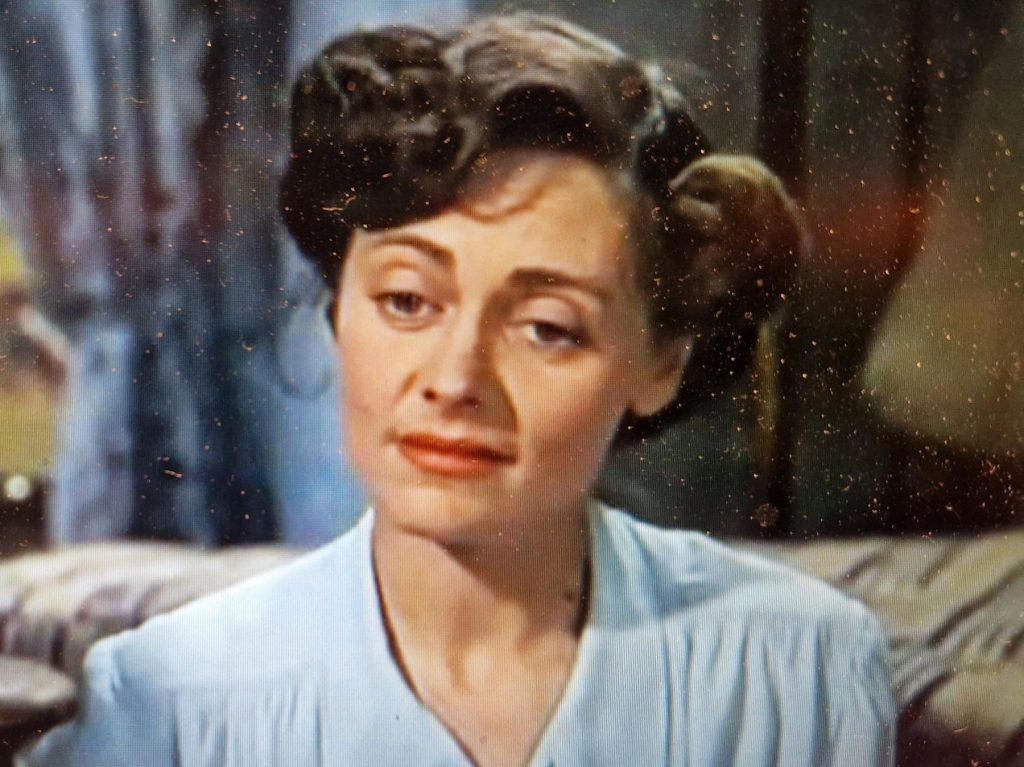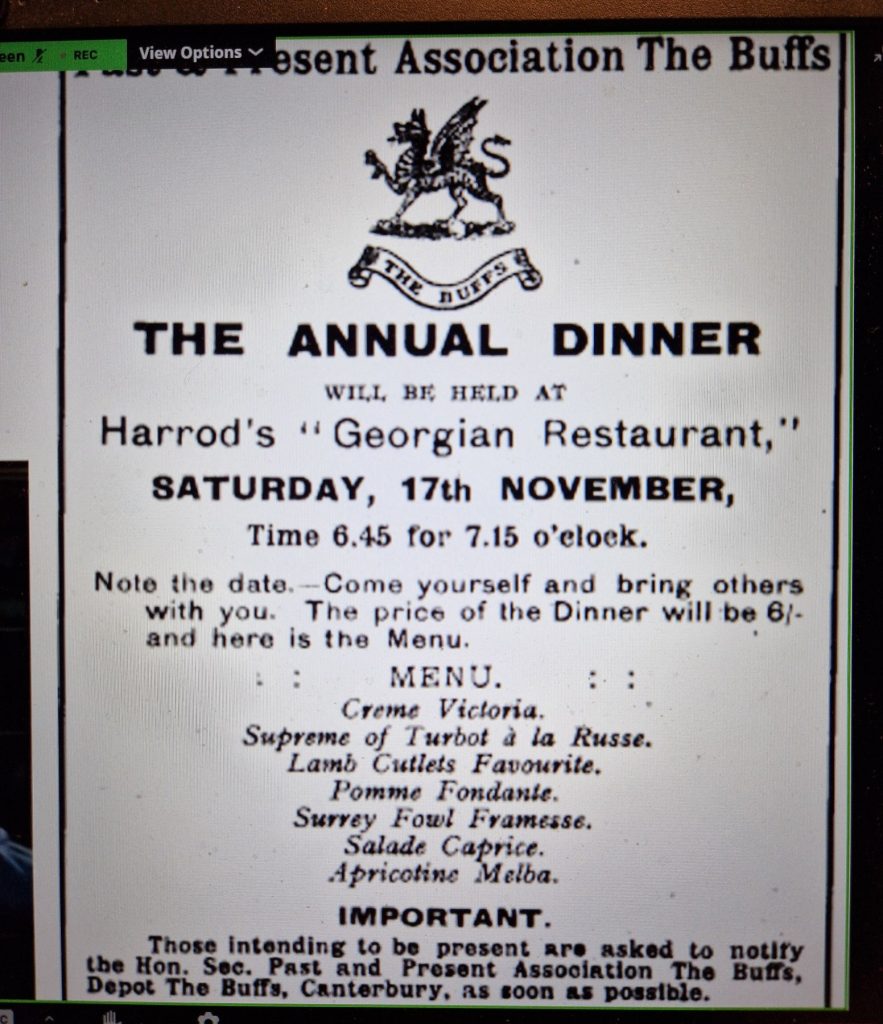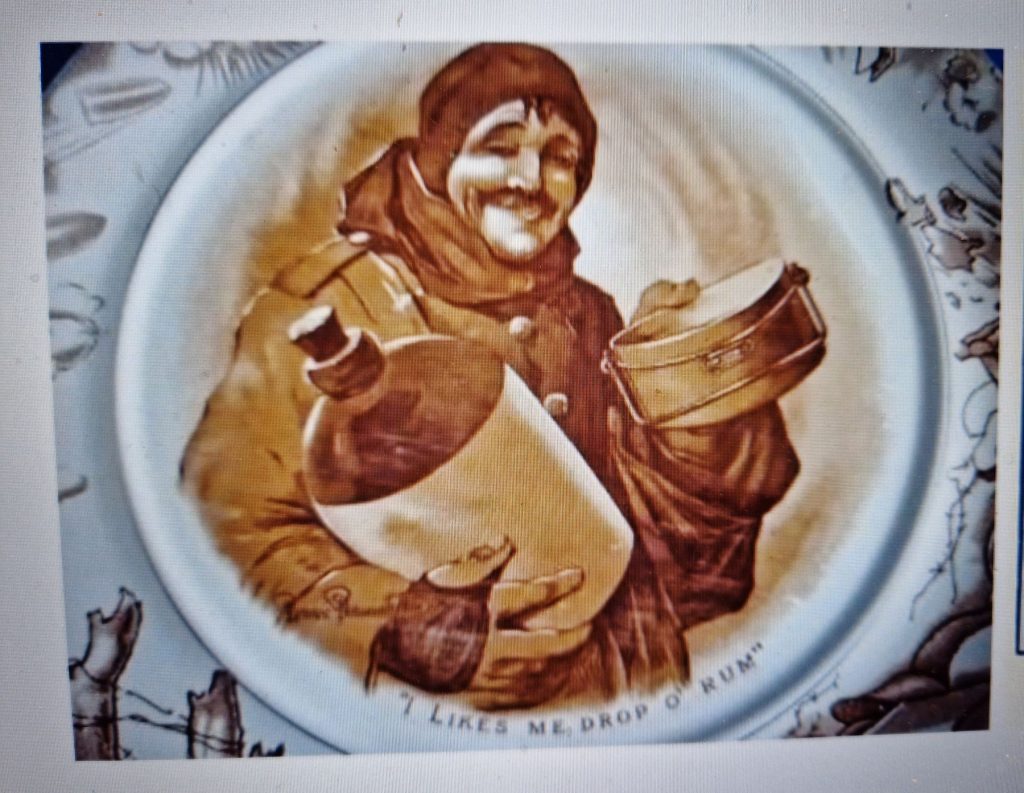In 1944, David Lean directed the film version of Noël Cowards play, This Happy Breed. Coward wrote the play in 1939 but, because of the outbreak of the Second World War, it was not performed until 1942. It was very well received, as was Lean’s film. And tonight, I heard an analysis of the play using stills from the film.
I was watching a Western Front Association (WFA) webinar given by the enthusiastic Professor Mark Connelly, who I last saw back in August 2020. He is an excellent lecturer; knows his subject extremely well and is passionate in the presentation.
In 2020, the webinar was about tanks, tonight couldn’t have been more different. He took us through the play, from start to finish, almost line by line, showing how Coward understood the veteran; the survivors of the Great War.
And not just the soldiers. Prof Connelly also showed how the women, at home, waiting for their loved ones to return, were also veterans of the war. This was something that had never occurred to me. Carrying on with their lives, waiting for the inevitable knock at the door, the dreaded telegram.

There was also the fact that veterans had a need to mix with their fellow vets in order to ‘cut loose’, to be with people who understood what they’d been through; things they couldn’t speak to with other non-vets.
The play deals with members of The Buffs (Royal East Kent Regiment) because Coward came from Kent and knew of the regiment. Each year, the two main characters in the play (Frank and Bob) attend a battalion dinner in order to drink a bit too much, talk a lot and remember the good times that existed during the fighting.

I think that remembering the few good times was very important for these veterans. The First World War was so horrific, particularly for the young men who’d been primed for adventure, that remembering the awful things would have them quickly falling into depression.
That’s why the cartoons, Ypres Times and general black humour were so important. People like cartoonist Bruce Bairnsfather and his depictions of the ordinary man in the war, kept the men smiling even when things were at their worst.
Personally, I have to agree with this chap. His canteen would just about manage a Gaz Measure.

All in all, it was a splendid webinar and I recommend Prof Connelly’s books for anyone interested in his different style of looking at war. And other things. He’s a historian so he writes about other stuff as well. His book on Christmas looks good, for instance.


